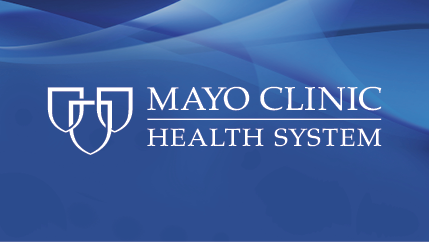Recent Posts
Too Embarrassed to Ask: Is urinary incontinence in women treatable?

Women experiencing urinary incontinence often think it's untreatable and something they have to learn to live with. Thankfully, this is not the case, and there are many options to treating urinary incontinence, including surgery.
The first step in determining what treatment option is right for you is to understand what type of urinary incontinence you are suffering from. There are four main types of urinary incontinence, including stress, urgency, mixed and overflow.
If your leakage happens mostly with physical activity, such as coughing, sneezing, laughing or jogging, then you likely have stress incontinence or stress predominant mixed incontinence. On the other hand, if the leakage is mostly when you have a strong urge to urinate, then you likely have urgency incontinence or urge predominant mixed incontinence.
How do you know if surgery is the next step? Have you:
- Tried simple treatments, such as a lifestyle modification, pelvic muscle exercises and bladder training?
- Consulted with your healthcare provider about medications and/or nonsurgical options?
- Decided you will not be getting pregnant in the future?
If you have done all of these and still feel incontinence is interfering with your daily routine, your next step may be surgery.
If your urine leakage is associated with any of these symptoms, you should see your OB-GYN provider immediately:
- Blood in the urine
- Painful urination
- Abdominal pain
- Pelvic pain
- Pelvic surgery or trauma
- Other pelvic problems, such as prolapse
- Neurologic symptoms, such as sudden numbness in the genitals or weakness in the legs
How do you determine what type of surgery is most likely to help with your symptoms?
The two most common types of surgery are midurethral sling surgery and bladder botox injections. If you're being treated for stress incontinence or stress predominant mixed incontinence, your provider may recommend the midurethral sling surgery. If you have urgency incontinence or urge predominant incontinence, your provider may suggest bladder botox injections.
What results should you expect from surgery?
Midurethral sling surgery typically is performed on those suffering from stress urinary incontinence. Studies show that over 77% of women with stress urinary incontinence are cured or have significant improvements lasting up to 11 years after surgery.
Complications from sling surgery may include urgency symptoms, difficulty passing urine, urinary infection, difficulty with intercourse or groin and thigh pain. Note that many of these complications are temporary. Bladder botox injections are for patients with urgency incontinence. The effectiveness of the injection lasts on an average six months and provides an average cure rate for urgency incontinence of 58%.
Women may experience difficulty passing urine and get a urinary infection. Other less common side effects include constipation, flu-like symptoms, dry mouth and malaise.
Although urinary incontinence may not be glamorous to discuss with your provider, it's quite common among women. Our OB-GYN staff are highly trained to help you find the treatment option that best fits your lifestyle.
Fadi Yahya, M.D., is an OB-GYN in Albert Lea, Minnesota.






